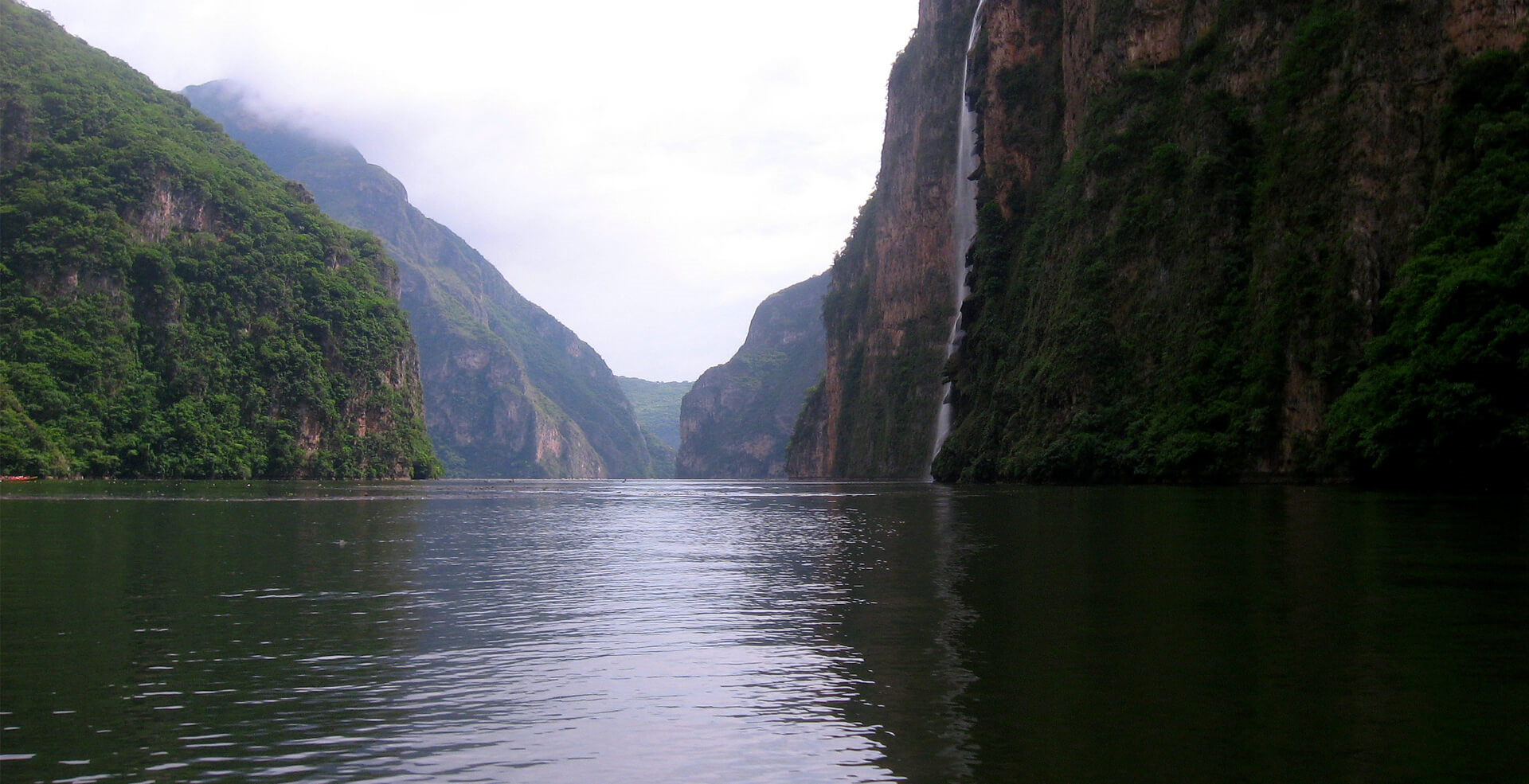Hi all. For this week’s reflections, I will be commenting on a video posted for week 12, entitled “Dictatorship and Resistance”.
In it, Professor Rita de Grandis speaks about the military junta in Argentina between 1976 and 1983, which was supported by the United States through Operation Condor, though the exact extent of the American role remains unknown. During this period of repressive rule, tens of thousands, accused of being left-leaning or Communists/Socialists/Bolshevists, were jailed, tortured or simply vanished from public life without a trace. Most of them were public intellectuals, labour rights activists, and young people associated with anti-establishment or leftist causes. This prompted a public outcry from the “mothers of the disappeared”, standing up to the regime for the rights and humanity of their sons lost in the incident.
This is, as history shows us, far from the first nor the last instance of mothers revolting against their governments for their rights and that of their families. Allusions to the French revolution may be made, as tens of thousands of wives and mothers marched down to Versailles to claim their economic and political rights, mostly related to food and labour rights, although I will mostly talk about the Mexican case. In fact, since the start of the War on Drugs, led by the United States since the Reagan administration, women, and mothers in particular, have taken on a very important role in the public perception of the slaughter associated with the drug cartels.
As President Calderon heightened tensions between the American and Mexican military apparatus and the drug cartels by increasing the level of militarism and police enforcement in the country, hundreds of thousands have died at the hands of the Mexican Drug War. This has primarily affected civilians and families, who are caught in the middle of the trade and of the violence. Mothers and family members of the victims, which have been primarily consisting of military-aged men and boys, have taken to the streets in great numbers, month after month, to protest the inaction of their government and the ineffectiveness of the policies enacted. A great portion of them, enraged by the great injustice and trauma caused by this catastrophe, are protesting in search of their husbands and sons, as many of them have disappeared as a result to kidnappings and mass burials, in part enabled or even done through the Mexican government and the military. Therefore, the disappearances in Argentina during the Dirty War, and the public reaction to them, bear great resemblance to that of the Mexican Drug War.
Joseph
